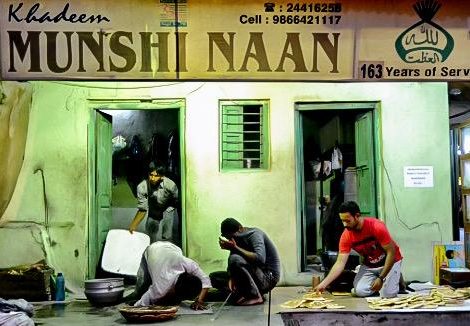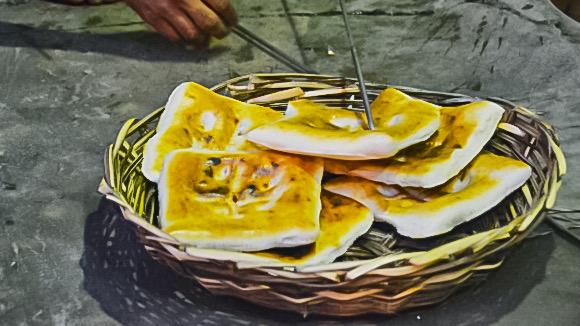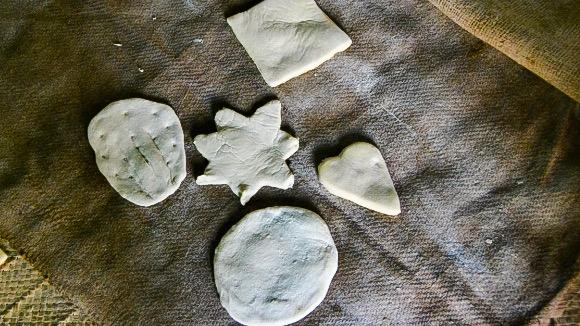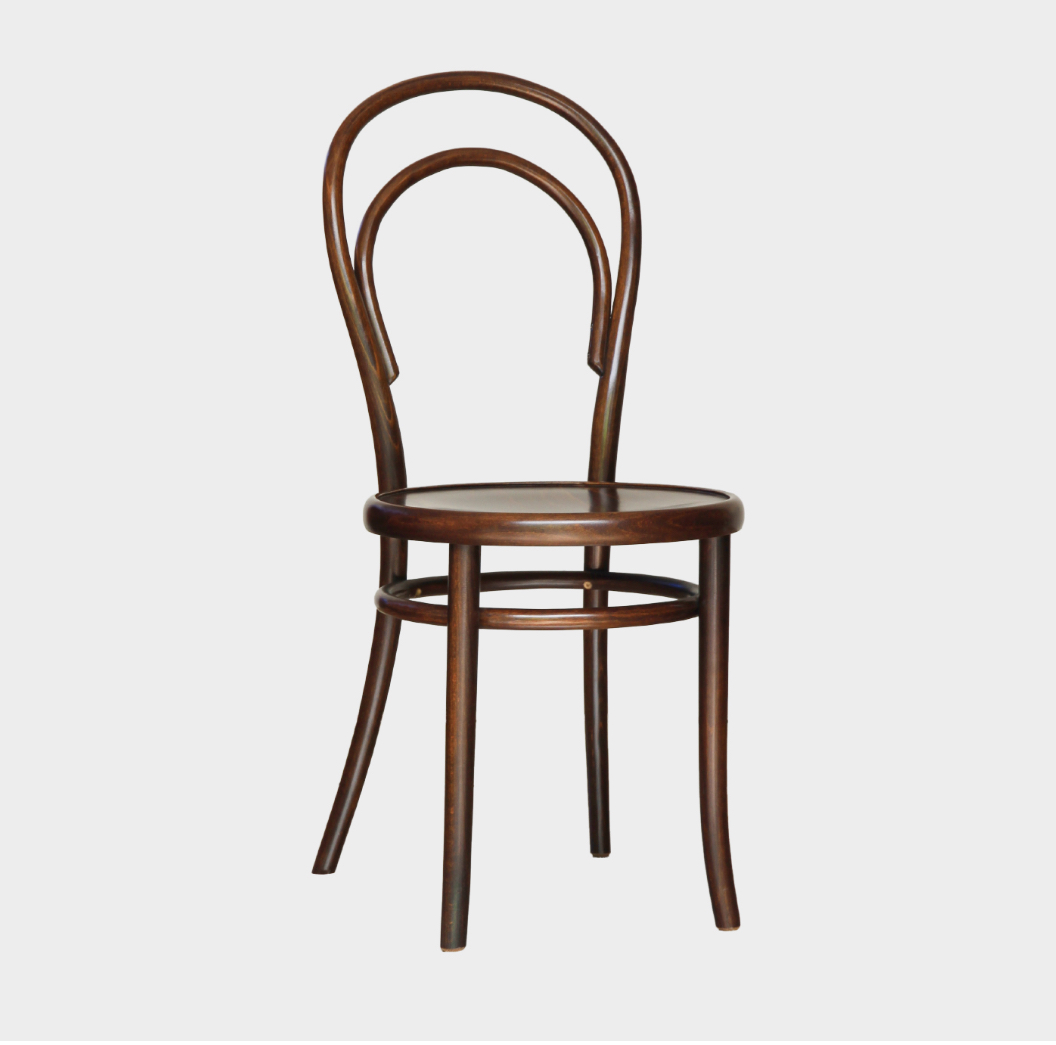
Purani Haveli’s known to be the place of origin of the char koni naan or the square Hyderabad naan. Purani Haveli is located in the Old City, around 2 kilometres from Charminar and gets its name from the Haveli (mansion) built for Nizam Sikander Jah III. It was initially known as Haveli Khadeem and started being called Purani Haveli later on. The area around got its name from the haveli.
The square Hyderabadi naan, popularly known as ‘Char koni naan’ or ‘Naan ki roti’ originated in Purani Haveli. On both sides of the road, you’ll find an array of these naan shops selling bread. A gentleman by the name Hussain started Munshi Naan in 1851. He worked as a Munshi (accountant) with the Nizam of Hyderabad and later started the naan shop in Purani Haveli.

Munshi Naan makes five basic shapes of the bread. The ‘Char koni naan’ being the most popular. The locals of Old City say it’s easy to tear the square naan into four pieces and share at a table. The other shapes of the Hyderabad Naan are the round shape (kulcha). Oblong (the classic shape normally associated with naan). Star shape, and pan or heart shape.

The pan shape naan is normally served in weddings, as an accompaniment to Marag. The Hyderabadi stew of mutton on the bone flavoured with yoghurt, coconut and almond. The Hyderabad naan contains refined wheat flour, oil and water. There was no yeast in the original recipe and the bread was proven for 24 hours before being baked in an underground tandoor (clay oven).
The star shaped naan is normally bought for special functions at home like birthdays. The qualities of Hyderabadi naan are very specific. Naram or soft on the inside and crisp on the outside. It’s also on the thicker side, yet not too dense. But equally important, it is to be served garam (warm).
Here’s the link to Munshi Naan’s location on Google Maps. It’s not everyday that you find a shop that exists from 1851.
Happy hunting and chowder-on.
Categories:
Tags:

The Irani Cafe Chair – Defining What Is An Irani Cafe

Mumbai’s Infamous Eggless Omelette

The 20 Types of Indian Vegetarians